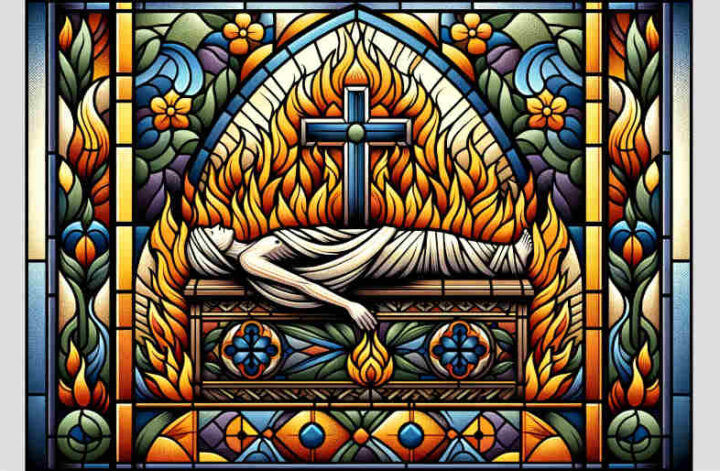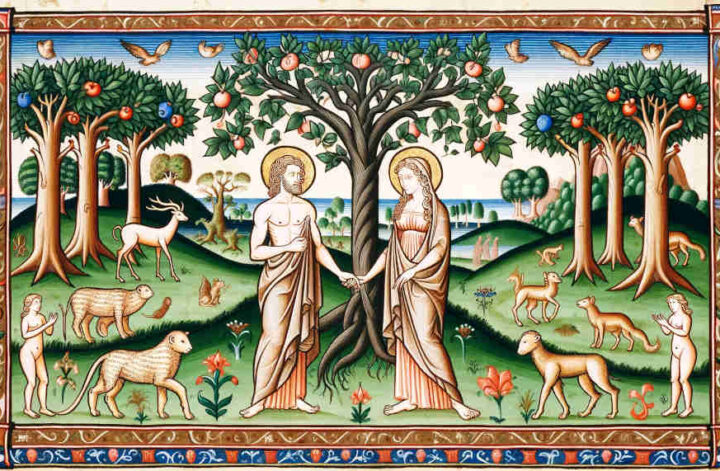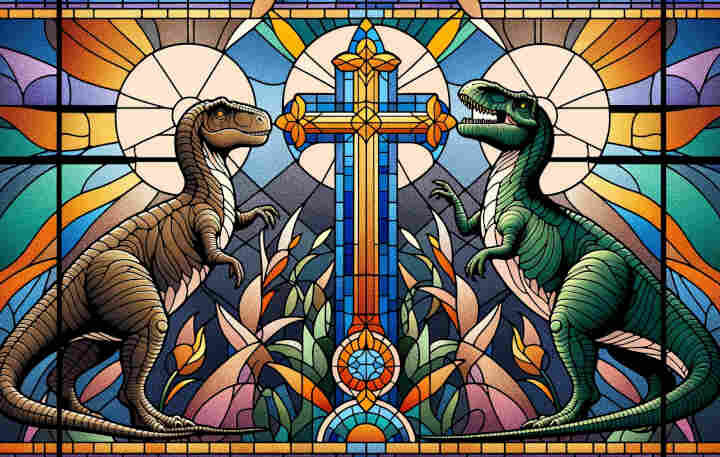Dear Theo,
I have been engaged in a thoughtful contemplation regarding the Christian stance on cremation. As our society evolves, so do the practices surrounding us, and I find myself pondering whether cremation is considered acceptable within the Christian faith. Could you provide some insights on this matter?
Kind regards,
Emilia
Christian Views on Cremation
Dear Emilia,
Your question touches on a topic that has been a subject of contemplation and discussion among Christians for many years. Indeed, the approach to cremation within the Christian faith has seen a significant evolution over time. Let us delve into the theological considerations and historical context to understand this matter more profoundly.
The Historical Stance on Cremation
Historically, the Christian tradition has preferred burial over cremation. This preference is rooted in the Jewish burial practices of the time of Jesus, which emphasized respect for the body and the belief in the resurrection. Early Christians maintained this respect and hope, as they anticipated the resurrection of the body, paralleling the resurrection of Christ. Thus, for centuries, burial was the normative Christian practice.
Changing Views on Cremation
However, as you have astutely observed, societal changes often influence religious practices. Over time, many Christian denominations have reevaluated their positions on cremation. The Roman Catholic Church, for instance, historically prohibited cremation but has since relaxed its stance. The 1963 Vatican II Council opened the way for Catholics to choose cremation, provided that it does not demonstrate a denial of faith in the resurrection of the body. Similarly, Protestant denominations generally allow cremation, leaving the decision to the discretion of the individual and their family.
It is important to note that, while cremation is now more widely accepted, the treatment of the cremated remains is still a matter of theological and liturgical concern. The remains are to be treated with the same dignity as the body, which means that scattering of ashes or keeping them at home is generally discouraged. Instead, a proper resting place, such as a columbarium or burial in a cemetery, is recommended.
Respect for Tradition and Individual Choice
In Orthodox Christianity, traditional burial is still predominantly practiced. The Eastern Orthodox Church, for instance, maintains a strong preference for burial based on theological reasons and the continuity of ancient Christian practice. However, cultural and regional differences can influence the attitudes and practices regarding cremation, even within Orthodoxy.
Ultimately, whether Christians believe in cremation can vary widely. Some adhere strictly to the traditional preference for burial, while others, recognizing the changing circumstances and practical considerations of modern life, accept cremation as a viable option. What remains central to Christian practice, however, is the respect for the deceased and the steadfast hope in the resurrection.
In conclusion, Emilia, the Christian belief in cremation is not a monolith but a tapestry of traditions and interpretations that have adapted over time. Each denomination, and indeed each believer, may approach this question with their own understanding, always within the overarching framework of Christian doctrine and hope.
May your contemplation lead you to a deeper understanding of the faith and its practices.
Peace be with you,
Theophilus


